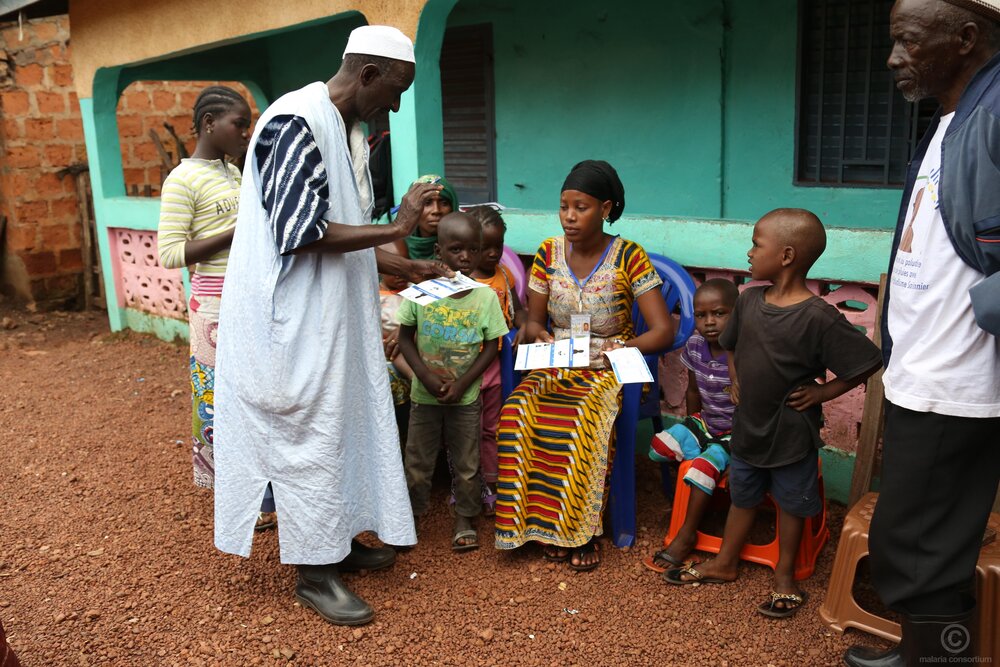
Guinea
Seasonal Malaria Chemoprevention in Guinea
- Status
- Completed Research
- Research Year
- 2018-19
In Guinea, malaria is the leading cause of death (28 per cent) for children under five — who already have an overall mortality rate of 89 per 1,000. Evidence shows that seasonal malaria chemoprevention (SMC) is effective in reducing the incidence of malaria among children under five in areas of highly seasonal malaria transmission.
Researchers
Mentors
-

University of Toronto
Stanley Zlotkin
Professor of Paediatrics, Public Health Sciences and Nutritional Sciences at the Hospital for Sick Children and University of Toronto; Chief at the Centre for Global Child Health, The Hospital for Sick Children
Related Information
-

How can we stop the spread of malaria in Guinea?




